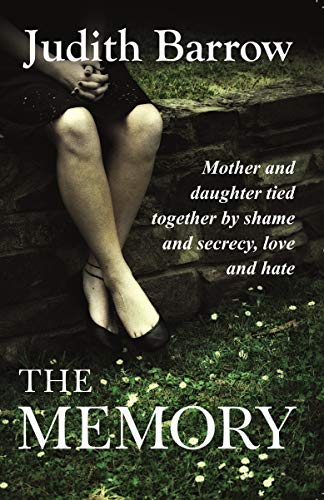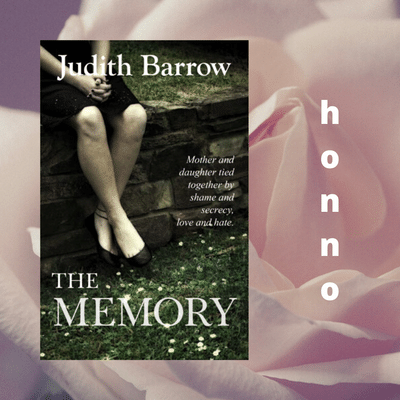This week I’m more than a little proud to be featuring the #openinglines from Carryl Church’s debut novel, The Forgotten Life of Connie Harris, on the day of its publication.
Over to you Carryl…

It’s an absolute honour to be featured on Jenny’s blog today! Ever since I first met Jenny through her wonderful writing courses, I’ve dreamed that one day, my debut novel would feature on Opening Lines. And here I am after many years of words, stubborn persistence and a few tears.
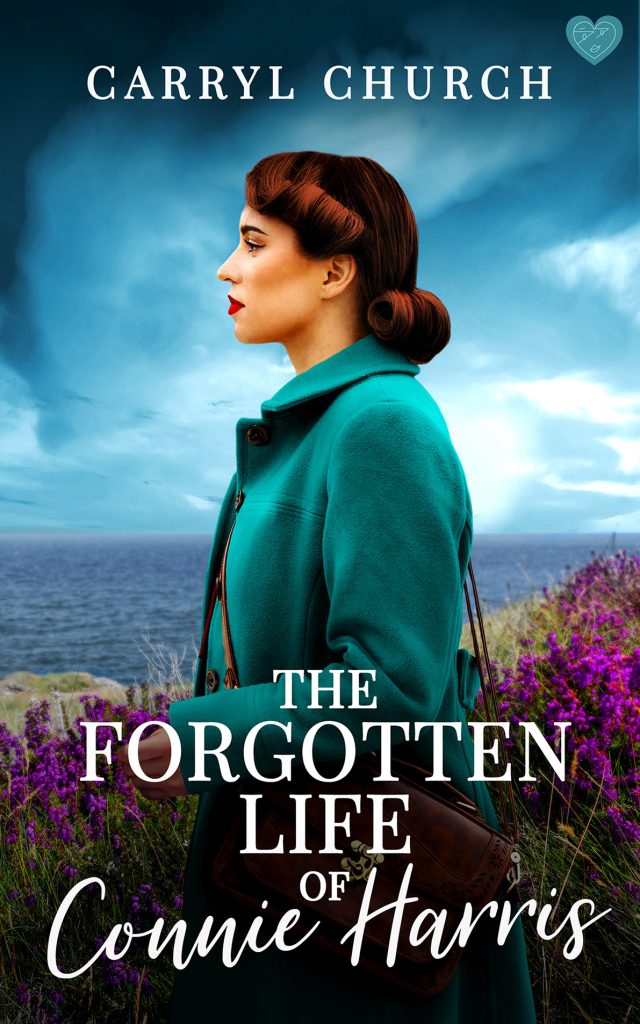
Blurb: The Forgotten Life of Connie Harris by Carryl Church
A woman who dared to dream beyond her circumstances and a legacy that refuses to fade away.
1951, Devon. Connie’s job at the Tivoli cinema provides an escape from her alcoholic father, Frank. There she meets and falls in love with projectionist Charlie. After a whirlwind romance, he splices his proposal into her favourite film, Casablanca, and for the first time, Connie dares to dream of a life beyond the one she’s settled for. Charlie promises her a happy ending, but for Connie, fate has a different plan.
- 1996. Seeking fulfilment after his divorce, Eddie takes on the now dilapidated Tivoli cinema. He finds an abandoned film reel with a note – I’m sorry – The film reveals the final frames of Casablanca, with a marriage proposal to someone called Connie Harris . . .
***
Opening Lines:
July 1951
The body was sprawled at his feet, as if it were nothing to do with him. He flexed his fingers, studying their tremor with mild curiosity. He’d experienced it before, the adrenaline that accompanies taking a life, but not like this.
He snaked one arm under the curve of her delicate spine, the other under her legs, stumbling against the banister as he lifted.
Outside, the street slumbered beneath an anthracite sky. He loaded his cargo into the van and returned to the house. The half-empty bottle of whisky was waiting on the stairs where he’d abandoned it. The burning liquid slid down his throat — an elixir to numb the guilt.
A dog’s bark ricocheted along the huddled terraces as he climbed into the van. He froze. No twitching curtains, no lights. Nobody cares.
With the crunch of gears, he pulled onto the road. The whisky bottle rolled across the front seat, then back as he rounded a bend.
Driving north away from Tiverton, houses gave way to vast emptiness, trees and bushes loomed out of the inky night. The road hugged the river, at the mercy of its bewildering contours. With each passing minute his thirst grew until it threatened to roar like the river beside him. The whisky bottle continued its game. Back and forth. Back and forth. Taunting him.
He pressed on, struggling to focus. The beam from his lights contorted like a kaleidoscope, menacing shadows subverted his vision. A deer skittered before his headlights. He swerved — the bottle fell to the floor with a thud.
At a field gate, he pulled in and cut the engine. Searching the floor for the bottle, he lifted it to his parched lips. The world stilled.
Dank air moistened his face as he stepped from the van. Nothing to see but barren moor, not a sound except for the rustle of trees and his own jagged breath.
He dragged his cargo from the back of the vehicle and launched it over the gate, then followed himself. He heaved the body onto his shoulder, as heavy and cumbersome as his kit bag.
The rough terrain disorientated every step. The ground swelled, then fell away without warning. They landed in a ditch, her body beneath his.
With earth-smeared fingers, he smoothed the hair from her brow.
Here in her shallow grave, the tears came.
He staggered away. The van choked to life. The whisky bottle rolled. The road wound on. He opened the window. Salt air whipped his cheeks.
His eyes grew heavy, the lids snapped shut.
He was flying, and then he wasn’t.
April 1951
Chapter 1
Connie leaned against her locker, re-reading Michael’s letter informing her he’d joined the Navy. She could sense her brother’s guilt through the thin, crisp paper. He’d abandoned her and now he was putting himself out of reach.
‘I can’t deal with him, Con,’ Michael had said to her at their mother’s wake when the few relatives who’d come to pick over the…
You can buy your copy of The Forgotten Life of Connie Harris (as an ebook or in paperback), from all good retailers, including: www.amazon.co.uk/dp/B0CXJ8MVYS/.
 Bio:
Bio:
Originally from the Isle of Wight, Carryl now lives in Devon with her family.
Although writing was always a dream, an early fascination with cinema, and in particular the films of Humphrey Bogart, led to a career as a Film and Photography Archivist. This background not only inspired The Forgotten Life of Connie Harris but continues to impact her other writing. Years spent watching archive footage gave her a unique insight into how people lived in the early 20th century now brought vividly to life in her stories.
Carryl has a BA in Media and Literature and an MA in Film and Television Archiving. After working in Media Archives for seventeen years, including The Imperial War Museum and The BBC, she now writes full-time in the company of her cat, Ditsy.
Links:
Website https://carrylchurch.co.uk/
Follow me on:
Twitter/X: https://X.com/CarrylChurch
Instagram: @carrylchurch
Facebook: @carrylchurchauthor
Many congratulations Carryl, thank you for sharing your opening lines with us.
Happy reding everyone,
Jenny x

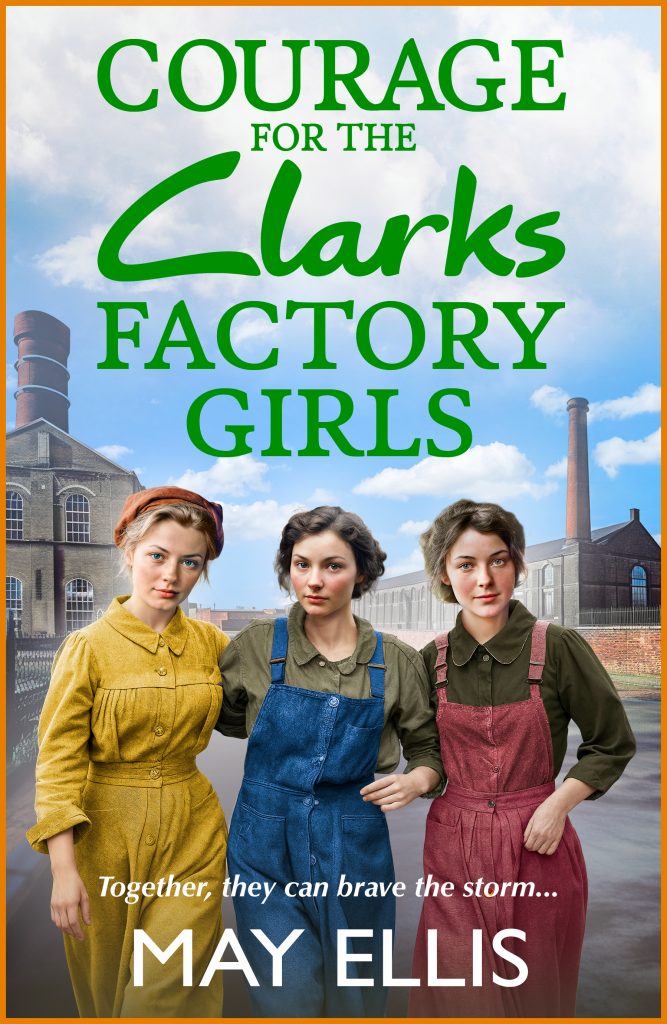
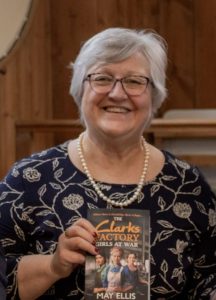 BIO
BIO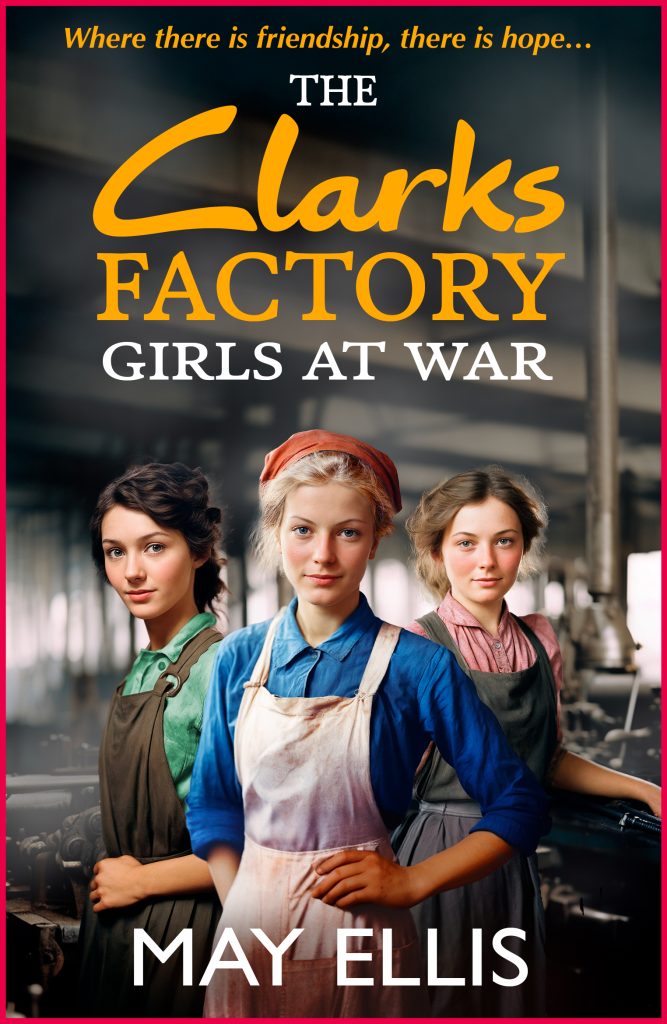
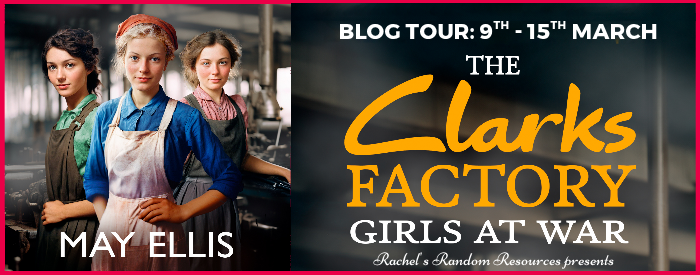
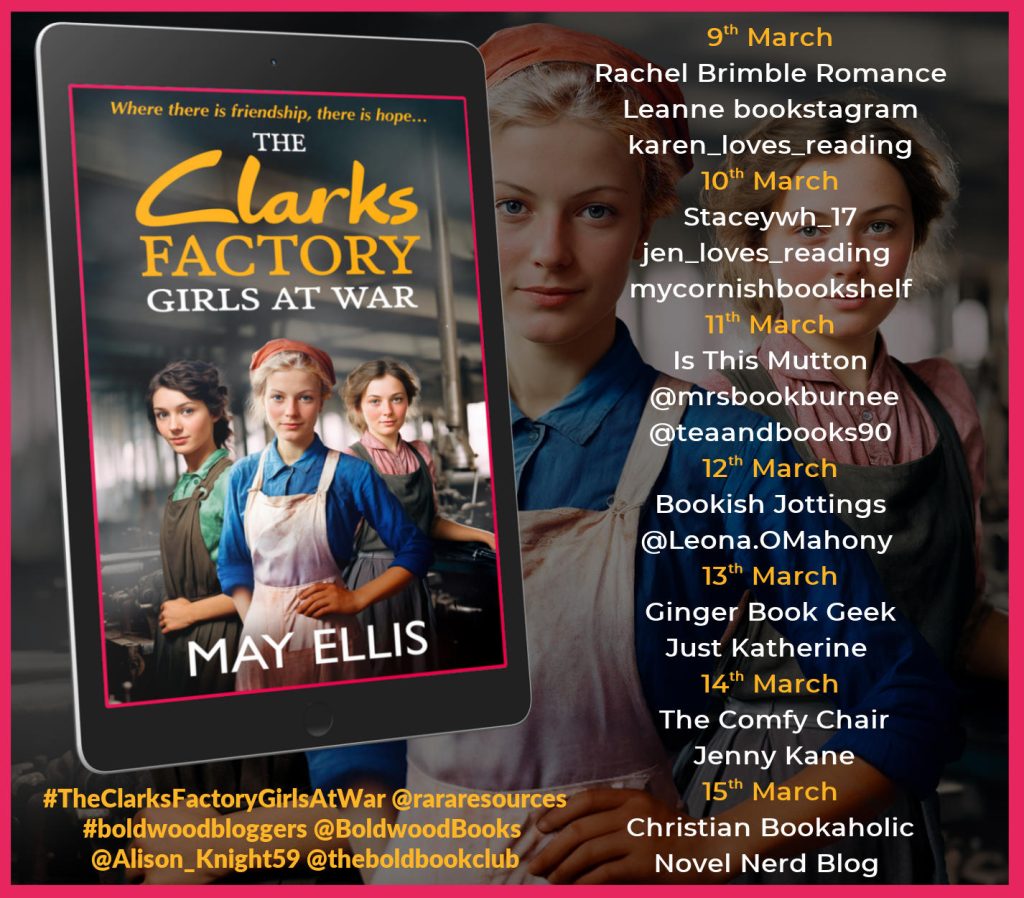
 Author Bio –
Author Bio – 

 BIO:
BIO:
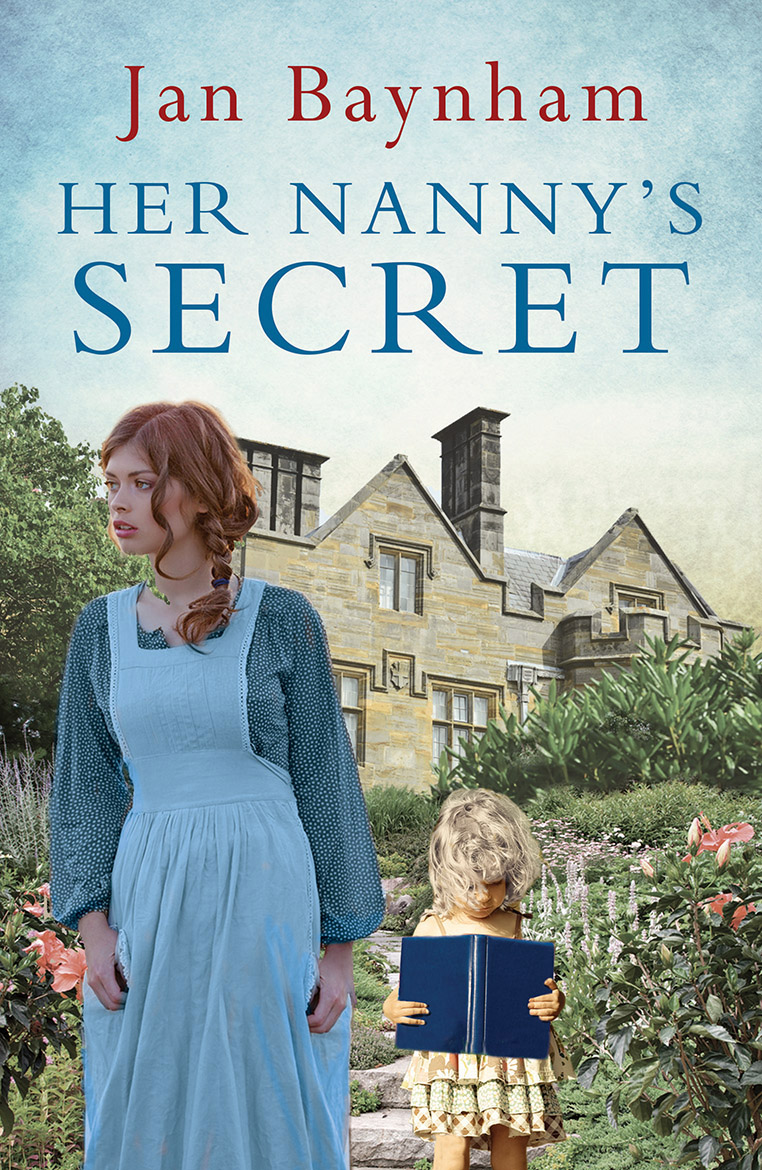
 BIO
BIO
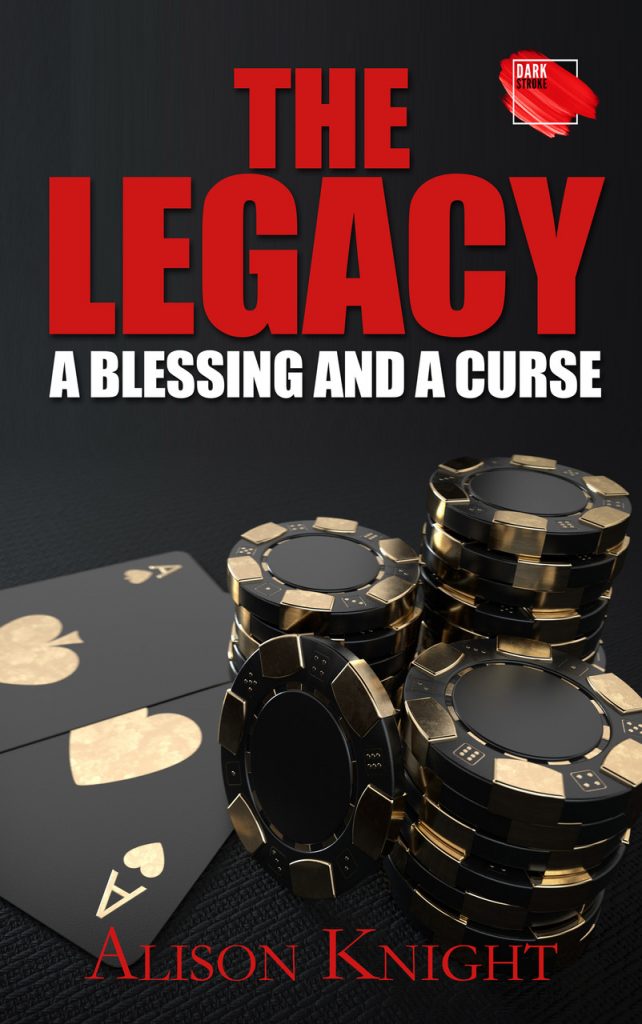
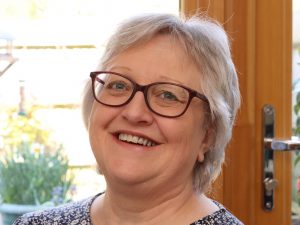 Bio
Bio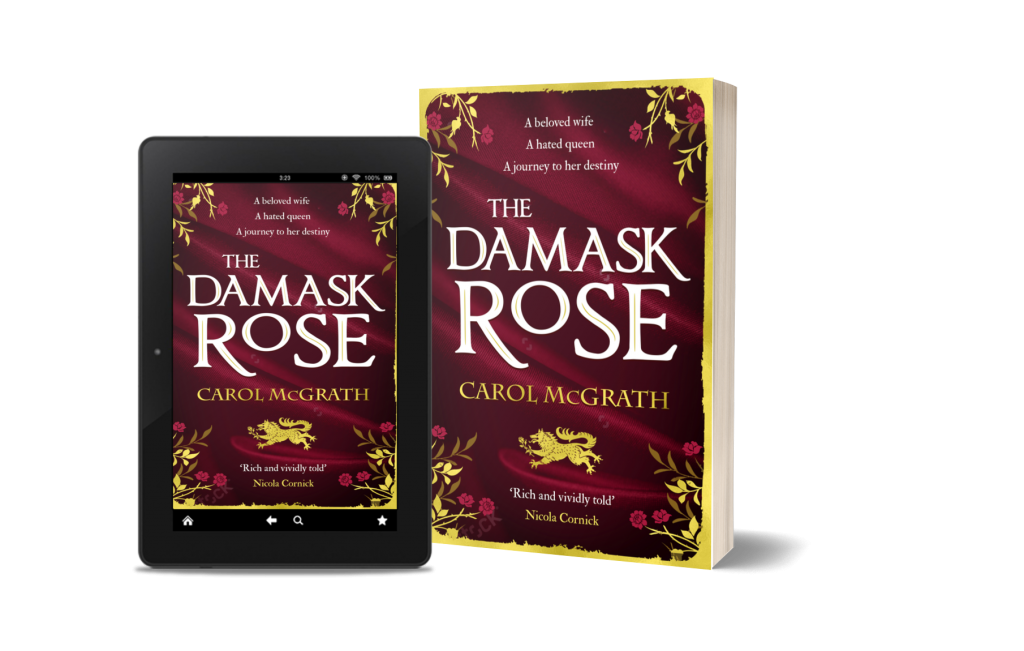
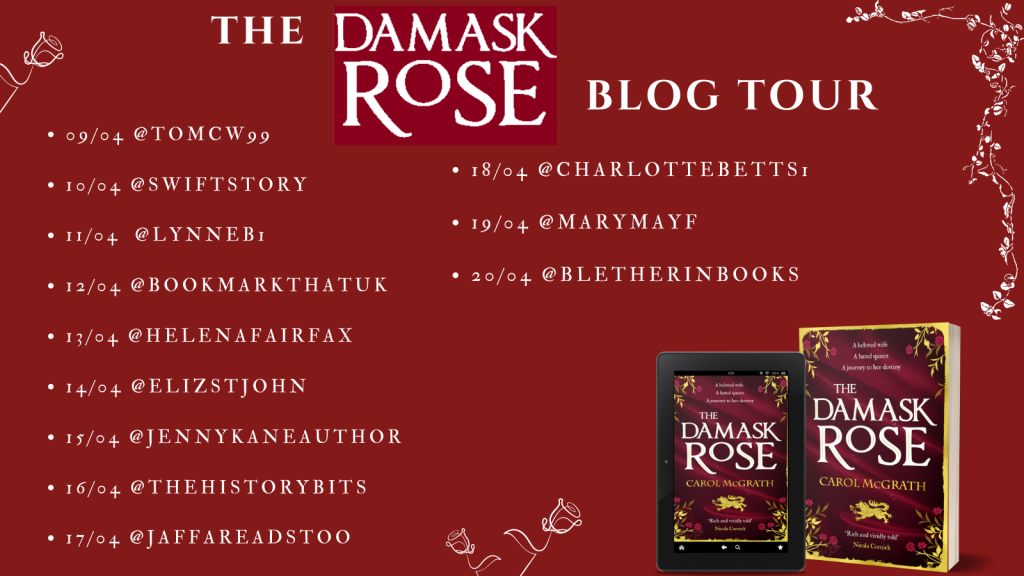
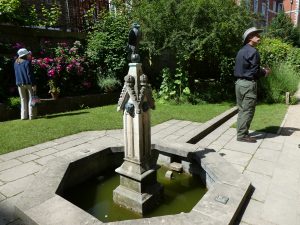
 Carol McGrath Bio
Carol McGrath Bio